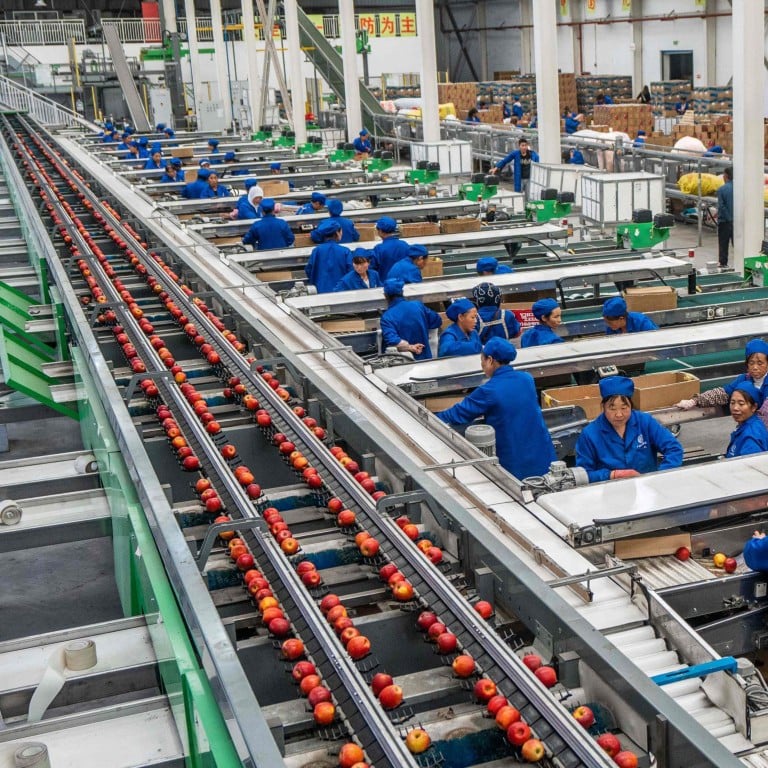
China’s factory and service sector growth slows as the country’s economy battles to gain traction: Caixin PMI
According to a private sector survey released on Sunday, China’s factory activity grew more slowly in September despite higher output due to weak foreign demand.
The Caixin/S&P Global manufacturing purchasing managers’ index (PMI) decreased from 51.0 to 50.6 in September, falling short of experts’ projections of 51.2. Growth and contraction are separated by the 50-index-point threshold.
After a flurry of modest policy changes, the second-largest economy in the world is beginning to show some signs of stabilising, but the prognosis is bleak due to a downturn in the housing market, declining exports, and rising youth unemployment.
The survey was released the day after China’s official PMI, which revealed that manufacturing activity increased in September for the first time in six months, adding to a string of signs that the economy has reached its bottom.
Factory output and new orders continued to be in expansionary zone in September, according to the Caixin PMI, but external demand remained sluggish and the export orders index shrank for the third consecutive month.
According to Wang Zhe, senior economist at Caixin Insight Group, “the economic recovery has yet to find a solid footing with insufficient domestic demand, external uncertainties, and pressure on the job market.”
Factory owners’ confidence for the year ahead hit a 12-month low. Producers of consumer, investment and intermediate goods all cut staff, the survey showed.
Input costs rose at the fastest pace since January, due to rising prices of chemicals, crude oil and industrial metals.



